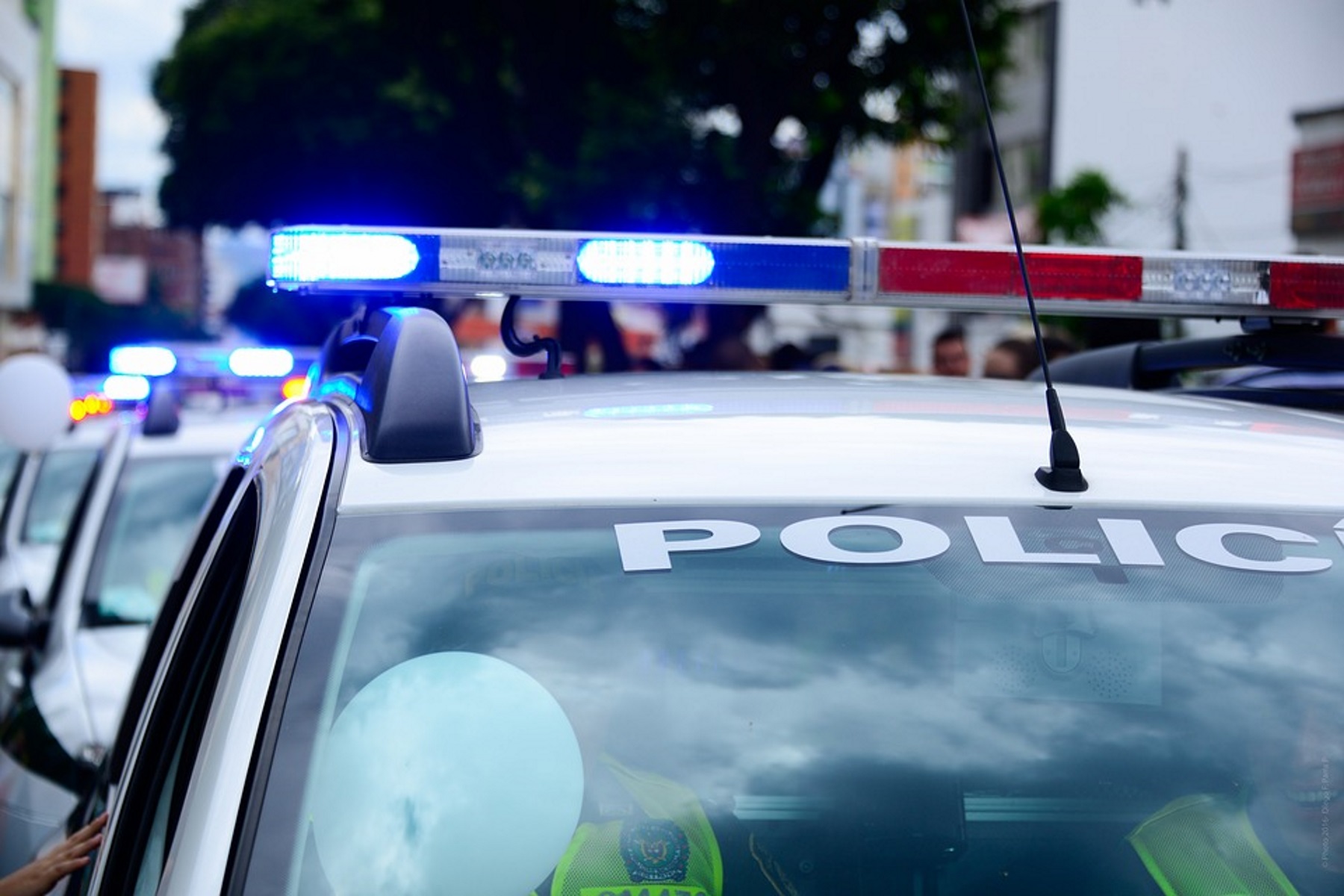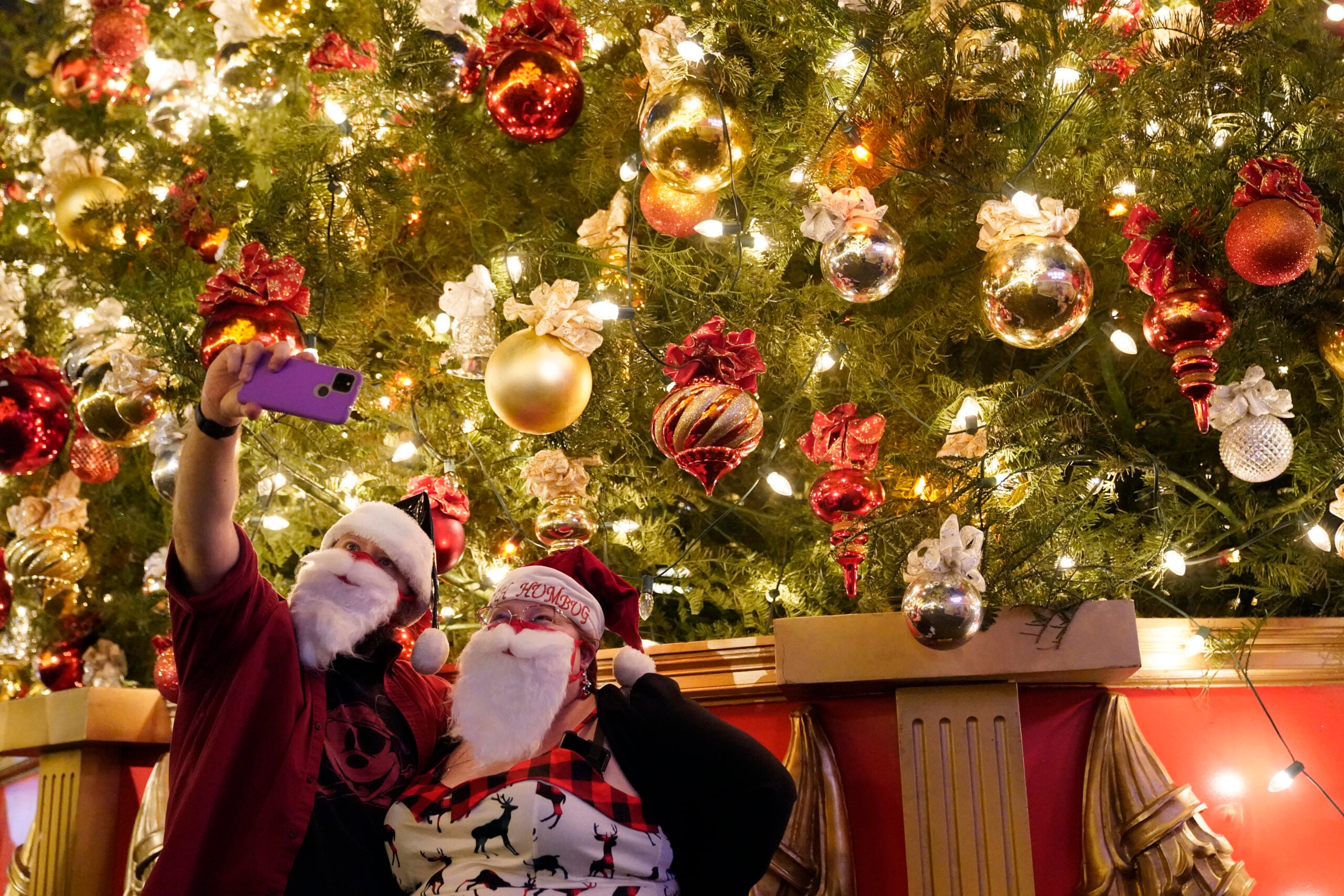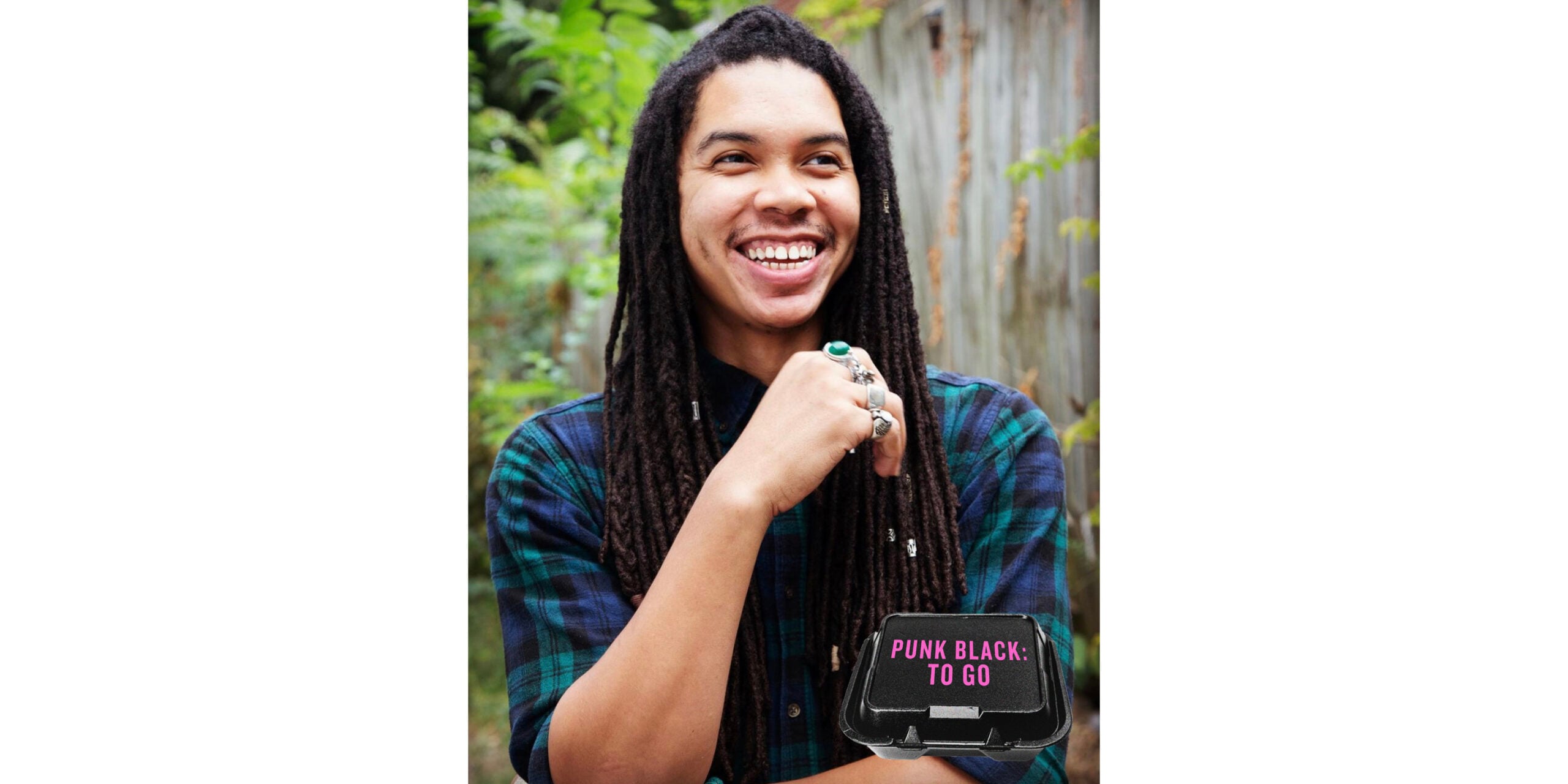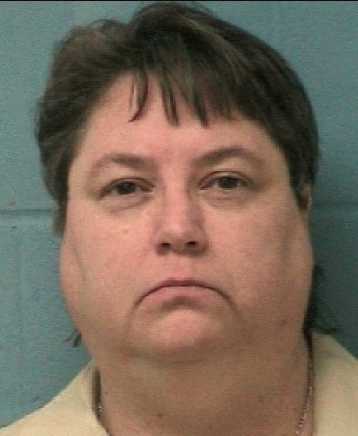VOX ATL Explores: Fighting Atlanta’s Gangs

Gainesville Police Chief Jay Parrish said the girl is charged with criminal attempt to commit murder. She’s being held in a youth detention center in Gainesville.
Pixabay Images
By Calvin Walden
The first gang member I met was a classmate at Frederick Douglass High School in Atlanta.
He sat at a computer looking up guns on the internet last year in a social studies class. He said he belonged to the Fruit Town Pirus, a Bloods gang. And he bragged about crimes they committed — robberies and burglaries.
I was 14, and that life sounded cool.
A couple weeks later, my new friend and I skipped class and roamed the hallways. We saw other gang members with flags in their back pockets.
The Bloods gang member introduced me to a second Bloods gang member, a Frederick Douglass student who belonged to the Rollin 20s. I knew several other members of the Rollin 20s and asked my closest friend to help me to join the gang.
He agreed.
Days later, he sent me a text. There was one requirement: I had to survive a “walk” – an initiation beating from other members – for 27 seconds.
“Once you pass your walk, there ain’t no leaving — this right here for life,” he wrote.
I was nervous. Was I ready for a life in a gang? I didn’t respond to the text immediately.
Across the metro area, Atlanta police say gang members are recruiting younger members – even as young as 8 and 9 years old. There has been a steady increase in the numbers of teenage gang members during the past three years, police said.
Gang members have been suspected of committing crimes, such as carjackings.
The Atlanta landscape, though, is unique. Rival gangs unusually co-exist on the same street, focused more on committing crimes.
Traditional gangs, like the Bloods and Crips, usually absorb neighborhood cliques, like how a Fortune 500 company absorbs small businesses, police said.
“We’re definitely in a war, but you win some battles and you lose some battles,” Sgt. Archie Ezell, a supervisor with the Atlanta Police Department criminal intelligence unit, said in an interview with VOX ATL.
Atlanta police have files on 145 gangs operating in the city, according to Fox 5 Atlanta. Those include juvenile gangs, whose members are as young as 12 years old, and adult gangs, whose members are between 22 and 26 years old, Atlanta Police Chief Erika Shields told Fox 5 in March.
The increase in gangs in Atlanta and in other cities can also be traced back to the loss of after-school programs in inner cities after the 2008 financial crisis, Tyrone Dennis, who works as an inspector with APD’s criminal intelligence unit, told VOX ATL. There haven’t been enough organizations for our teens to connect with and keep them out of trouble.
“Gangs created a haven,” Dennis said.
“As they continue to grow, gangs have also turned to social media to spread their message,” Ezell said.
“Back in the day, it was kind of word of mouth. If you didn’t have a gang in your neighborhood, you probably didn’t know about gangs,” Ezell said. “But now you have access to that gang and that gang’s message from social media.”
Some teenagers probably may want to join a gang because, like me, they saw it as cool. Others may want respect, protection or money. Peer pressure likely plays a role, too.
Last school year, Crips and Bloods members constantly bullied a classmate at Frederick Douglass High. He turned to a gang for protection.
I thought about joining the Gangster Disciples, a gang with Chicago roots.
The Gangster Disciples terrorized Chicago for years, the Chicago Tribune reported. In 2012, about a quarter of the city’s 400 slayings were affiliated with the Gangster Disciples, according to the Tribune.
I had a classmate who never passed his initiation to get down with Gangster Disciples. You fight six gang members who are already in the gang. You fight six members because that’s what the gang represents, the six-point star. The meaning of the six-point star is “love, life, knowledge, loyalty, understanding and wisdom.”
Atlanta’s warm weather, affordable housing market and vibrant hip-hop culture have drawn traditional gangs to the Southern city, Dennis said. Those gangs, such as the Crips and Gangster Disciples, bring notoriety with them, making them attractive to potential members who have no connections to the gang’s roots but pay dues, Dennis said.
“You’re sending money cross-country to somebody you probably never met, representing a street that you’ve never been on and never probably will see,” Dennis said.
He added: “And you’re almost ready to die for that. That doesn’t make sense.”
Dennis said shutting housing developments displaced gang members to different parts of the city. That means many gangs don’t have a monopoly on certain areas or streets.
But gangs usually put aside their allegiance to commit criminal activity, Dennis said.
“It depends on the opportunity,” Dennis said. “A lot of times, the gangs are opportunists.”
Dennis, who grew up in a gang-infested St. Louis, Missouri, neighborhood, said parents can play a role in helping to curb gangs.
“It’s important for parents to pay attention to their children’s clothing and television habits. Residents should clean up graffiti, which may be possible gang markings,” he said.
“It’s going to take the entire village to try to combat anybody associated with a gang,” Dennis said.
Ezell said: “As long as you keep pushing forward, you’re going to see some positive results.”
For a week, the text last year from the Rollin’ 20s gang member went unanswered. I recalled thinking about what my life would be like if I joined a gang.
Then, the reality hit me.
I decided I didn’t want that life.
Calvin, 15, is homeschooled.
This story was published at VOXAtl.com, Atlanta’s home for uncensored teen publishing and self-expression. For more about the nonprofit VOX, visit www.voxatl.org.








